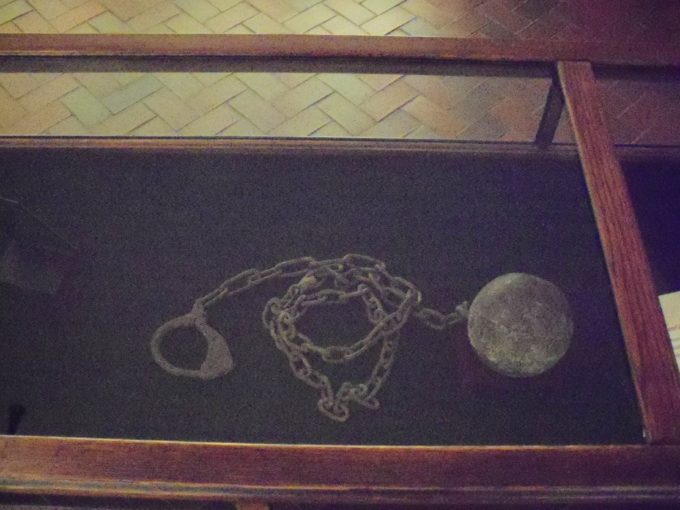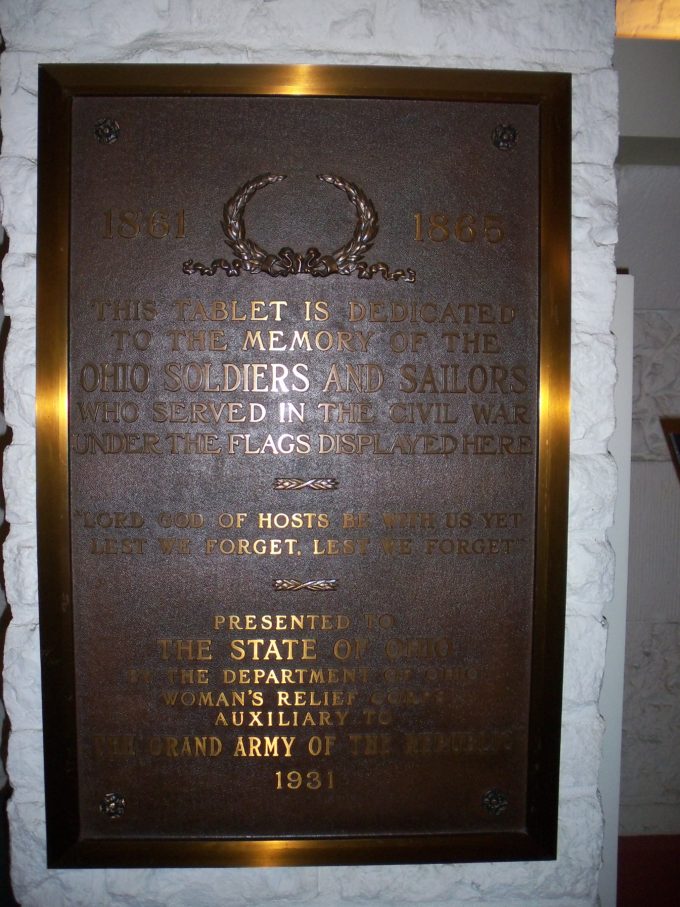
Monday, 28 October 2019
For this is the will of God, that by doing good you may put to silence the ignorance of foolish men— 1 Peter 2:15
The previous two verses have spoken of submitting to every ordinance of man which extends from the king as supreme, or from governors who are sent by the king. He then said that these governors are sent by the king for the punishment of evildoers, and for the praise of those who do good. Understanding this context, Peter now says, “For this is the will of God.”
If God wills it, then who are we to work against it? It is the epitome of arrogance to not subject oneself to the ruling authority and yet to claim that you are following Christ as a faithful and obedient servant. Rather than being one “of those who do good,” you have made yourself liable to punishment because you are, in fact, an evildoer. The supposed “ultra-piety” of Christians who reject this precept is shown to simply be a nauseous vapor.
Rather than emulating such an attitude, Peter says that being subject to the ruling authority “is the will of God, that by doing good you may put to silence the ignorance of foolish men.” The “doing good” is referring to being subject to the ruling authority which is contrasted to being an evildoer in the previous verse.
Christians who fail to honor the ruling authorities are not showing allegiance to the Lord, but to themselves by supposedly elevating themselves above others around them. This is by claiming a super-spiritual state of holiness. Isaiah, prophesying the word of the Lord, speaks of those in Israel who acted in such a manner, elevating themselves above others in outward shows of supposed piety –
“Who say, ‘Keep to yourself,
Do not come near me,
For I am holier than you!’
These are smoke in My nostrils,
A fire that burns all the day.” Isaiah 65:5
Peter shows that this is a problem among believers in the church as well. The word he uses for “put to silence” signifies “to muzzle.” It is what Jesus did when He countered the failed logic of the Sadducees in Matthew 22:34, and what He did as He faced off against demons, and even what He did when He silenced the wind. He muzzled these things, silencing them. Peter says that believers are to so silence these evildoers.
As far as the word translated as “ignorance,” it is a word used only in 1 Corinthians 15:34 and here. It signifies “willful ignorance.” It is a refusal to learn by experience. One can think of any Christian who claims to know a certain doctrine, but who has never taken the time to read and study the Bible. Such a person spouts out what he thinks he knows, but he actually has no idea what he is talking about. These people are, as Peter says it, “foolish men.”
There is actually an article in front of this, and thus it says, “the foolish men.” It is those who he has just referred to. His choice of word for “foolish” is also used by Jesus in Luke 11:40 and Luke 12:20. Paul also uses it quite a few times. This is its last use in Scripture. It signifies “mindless” or “stupid.” Such a person is short-sighted because he is lacking all of the information needed to make a decision, and thus he cannot act prudently. The church is overflowing with such people because they fail to read, assimilate, and put into use the precepts of God’s word.
Life application: We are to obey the duly established authorities because:
These people have been ordained by God to rule.
By disobeying them, punishment will result (which brings discredit).
By obeying them praise will result (which brings credit).
And, through obeying them, the arguments of foolish and ignorant men will be silenced.
If you can see the logic here, then you can understand why Christians are to be law-abiding citizens. It also makes sense that the nuttier the laws of the rulers, the more important it is to obey them.
As unbelieving, ungodly people grow in number in the government, their laws will naturally reflect this. It would be normal to expect then that we would fight against the government because of their unwise, and even perverse, rules. But by doing this, we would give the enemies of God even more chance to revile us and Him. As long as the laws don’t cause us to violate God’s law, we actually bring credit to Him by obeying them and acting as proper citizens. It shuts the mouths of the ignorant and takes away their ability to revile God.
Make sure you consider this when you speak out against your leaders, when you think about violating their laws, or when you attempt to conspire with others in bringing harm to those appointed above you. You bear the name of Jesus Christ. Therefore, you are obligated to act responsibly and bring credit to Him.
O Lord, we often really have a tough time with some of the crazy laws and arrogant, slanderous leaders appointed over us. But Your word shows us the importance of praying for them, obeying them, and working within the established laws they have passed. Though it is difficult, it is all to bring credit to You. So, Lord, please give us the ability to do so. Amen.




